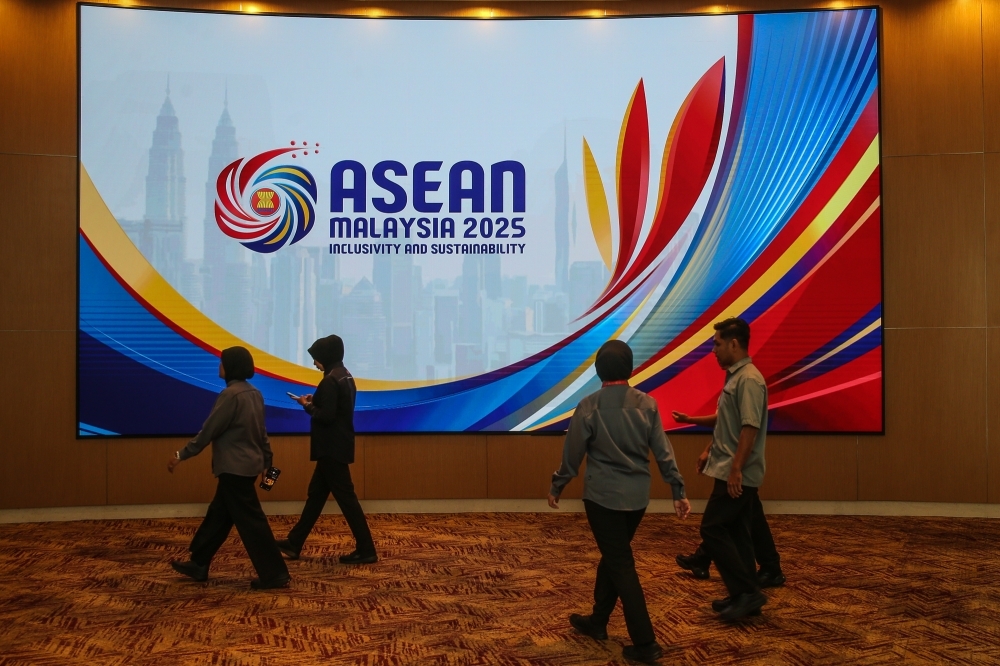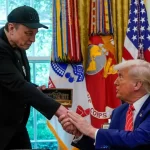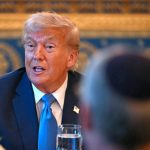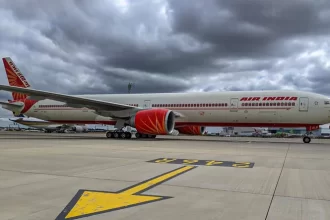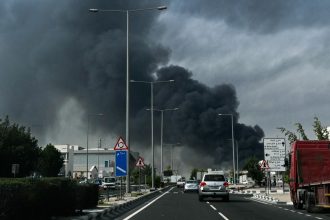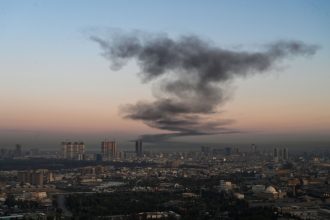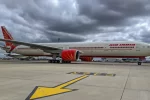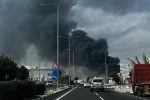KUALA LUMPUR, July 8 — Leaders across Southeast Asia are voicing growing concern over the impact of President Donald Trump’s revived tariff threats, calling them “counterproductive” and warning that the economic fallout could destabilize the region.
As foreign ministers from the Association of Southeast Asian Nations (Asean) gather in Kuala Lumpur this week, the mood is tense. At the heart of the discussions is a shared unease about Trump’s escalating trade war — a move that could deeply affect millions of livelihoods in a region that thrives on open trade.
According to a draft joint statement seen by AFP, the ministers plan to express their “concern over rising global trade tensions and growing uncertainties,” particularly pointing to unilateral tariff moves that risk fragmenting the global economy.
While the statement avoids naming the US directly, the message is clear. The tariffs — some as high as 40 percent — are seen not just as economic penalties, but as threats to long-standing partnerships and stability.
Trump’s letters to 14 countries, including key Asean members like Indonesia, Thailand, Malaysia, Myanmar, and Laos, have reignited fears of an economic cold front. These nations, many of which rely heavily on exports to drive growth, now face an uphill battle to avoid painful tariffs set to resume August 1 unless new deals are struck.
Only Vietnam and one other unnamed nation have managed to secure tentative agreements to avoid the brunt of these new measures — a sign of how high the stakes are.
Meanwhile, US Secretary of State Marco Rubio will attend the Asean talks later this week, his first visit to the region since taking office. Officials say Rubio is expected to deliver a more diplomatic message, aiming to reassure leaders that the US values its relationships in Asia — even as Trump’s actions suggest otherwise.
International affairs expert Mustafa Izzuddin put it bluntly: “We can hope for a positive message from Rubio. But the US’s deeper engagement in Southeast Asia may be undermined by the president’s transactional approach to diplomacy.”
Trump first introduced sweeping tariffs on April 2, dubbing it “Liberation Day.” Though they were temporarily suspended after market turbulence, they’re now set to return in full force.
At a May summit, Asean leaders had already voiced their worries about the protectionist shift, calling for more cooperation and less confrontation.
Today, Malaysia’s trade ministry reiterated its commitment to finding a “balanced, mutually beneficial, and comprehensive” solution. Thailand’s acting prime minister, Phumtham Wechayacha, echoed the sentiment, stressing that “the most important thing is that we maintain good relations with the US” — but also made it clear his country would push for a “better deal.”
For many in the region, this isn’t just about trade — it’s about trust, stability, and the kind of future Southeast Asia wants to build in a rapidly changing world.
